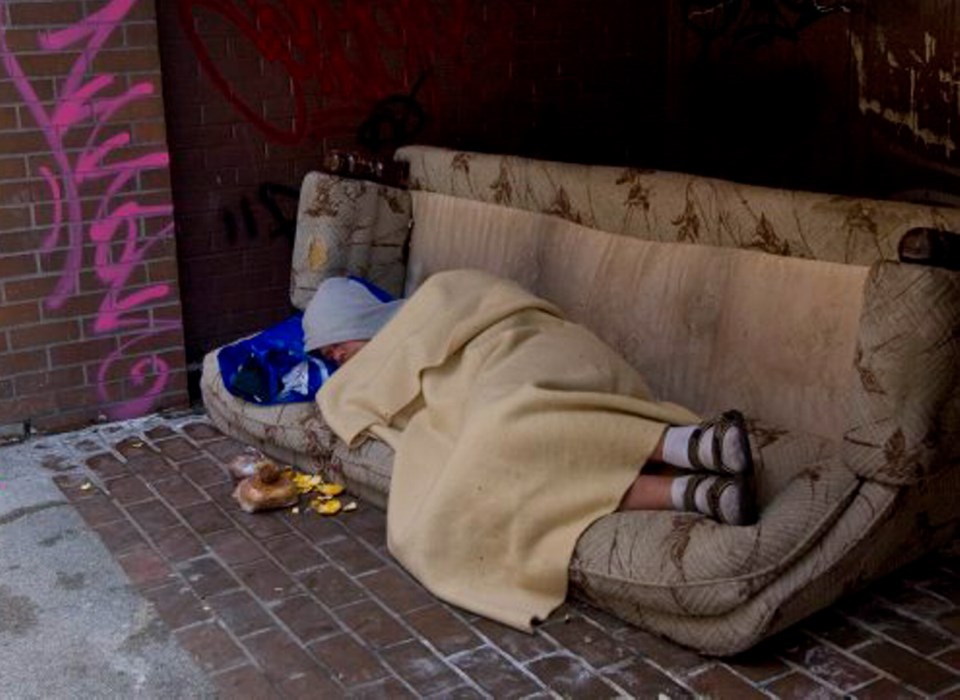“This is what it’s going to cost if you want to address this issue realistically,” said Andrew Wynn-Williams, executive director of the Greater Victoria Coalition to End Homelessness.
The coalition of service providers, non-profits, businesses and government released the report as a comprehensive four-year plan to house the chronically homeless, who often have complex issues such as illness and addiction. About 16 per cent are over the age of 55. This group can cycle through shelters, institutions and jail, often costing taxpayers more than basic housing and supports, says the report.
“The real challenge will be the supports piece,” Wynn-Williams said. “They require a truly collaborative approach.”
The report identified 367 chronically homeless people in the city. The report recommends that 185 units of new housing be secured or built, and that access be provided to 182 units of rental housing, which could be done, in part, by increasing rental supplements.
Wynn-Williams said rental supplements, issued by the province and agencies that help low-income people, plus the basic social-assistance housing allowance give people up to about $700 a month to pay for housing. He wants to see that increased by $100.
“That opens up way more units that people can afford,” he said, adding he’s hopeful the new units will be built soon, as some are part of ongoing affordable-housing projects. He said the city and the province have been supportive, but the federal government needs to pitch in more. “They need to step up and not offload costs to the province.”
Mayor Lisa Helps, co-chairwoman of the coalition’s leadership council, agrees. She said Victoria recently injected $1 million into the affordable-housing reserve fund, which provides grants for housing projects. She said the city is also looking at short-term solutions to deal with homeless campers and a lack of shelter space.
“But these are just Band-Aids,” Helps said. “To be blunt, what it’s going to take is for the post-election federal government — whoever that’s going to be — to commit something. … The challenge here will always be funding.”
Victoria is one of 60 cities that will benefit from the federal government’s Homeless Partnering Strategy. The government earmarked $600 million over five years for the program as part of the 2013 Economic Action Plan.
Ken Kelly, general manager of the Downtown Victoria Business Association, supports a plan that includes all levels of government and involves more than housing.
“It will be a disaster if these issues are not addressed. … They are playing out on the streets of Victoria,” he said, pointing to the example of people sleeping in front of businesses and doing damage or leaving a mess. “It goes deeper than just housing. We have to re-establish a culture of mutual respect for everyone.”
The Creating Homes, Enhancing Communities report is at victoriahomelessness.ca



